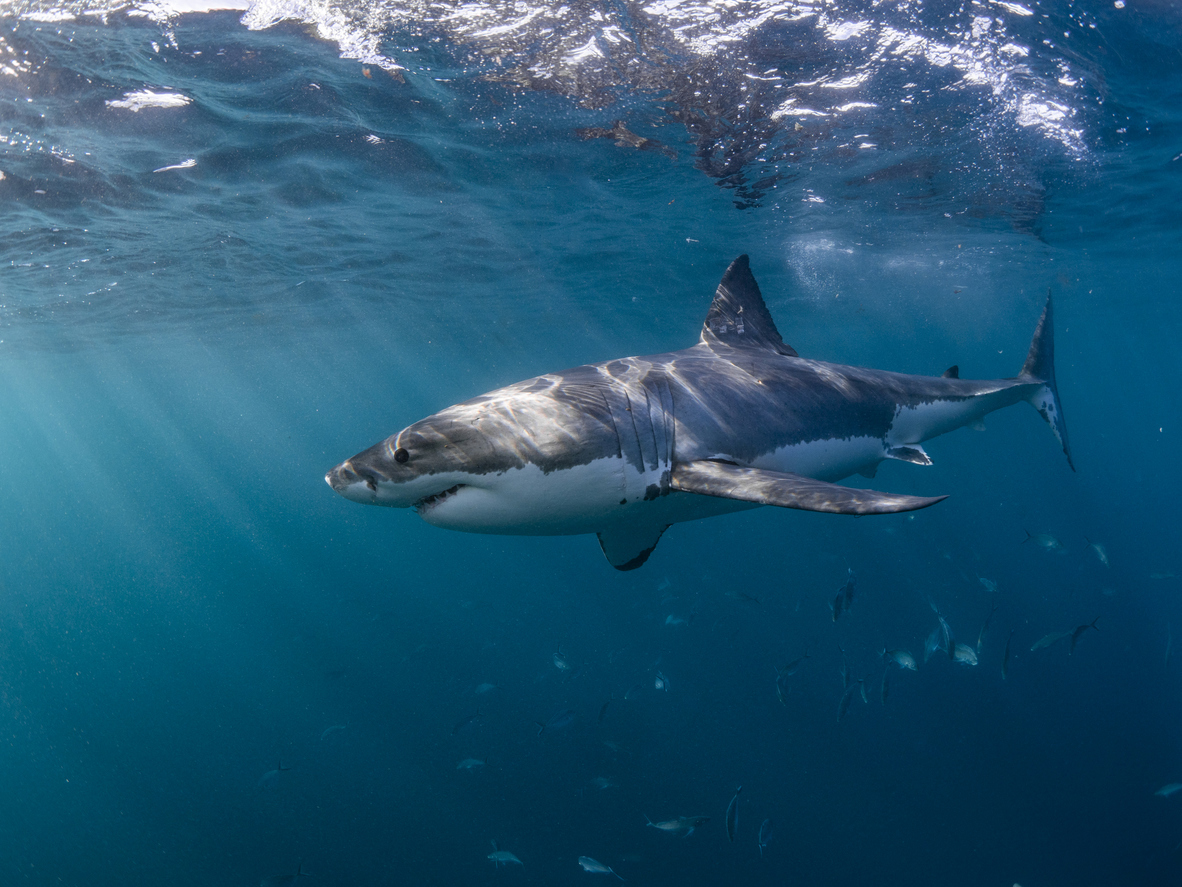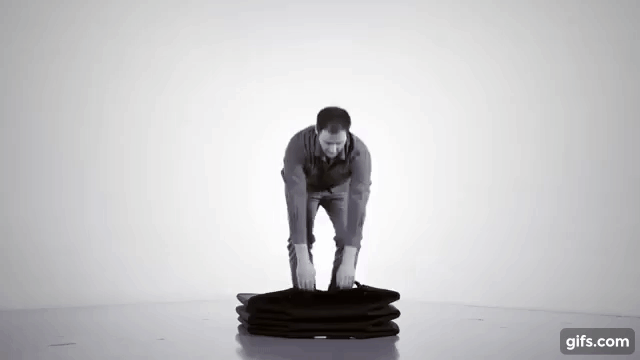Australia is responsible for one in five shark products seized at NZ borders

Scientists have revealed that while the amount of shark products seized at the Australian border has declined, we're not off the hook entirely when it comes to the shark trade.
Research from the University of Adelaide showed that shark products entering Australia between 2009 and 2023 predominantly came from Asia.
But one in five shark products – including fin products and "trophies" like preserved specimens – seized at New Zealand's borders came from Australia.
READ MORE: How AI chatbots are delivering health lies to 'millions'
It was the last thing University of Adelaide PhD candidate Josephine Lingard expected to uncover.
"That was one of the really surprising things that we weren't expecting to see," she told 9news.com.au.
Of 290 shark product seizures recorded in New Zealand over 15 years, 58 were recorded as having come from Australia, according to seizure data from biosecurity and government agencies.
But there's almost no way of knowing where in Australia they came from – or whether they originated from within Australian waters.
"They could be sharks being fished and their products processed and manufactured in Australia, then taken out to New Zealand," Lingard said.
"Or they could be products where Australia is a stopover point on the way to New Zealand, and the bags just aren't being searched properly until they get to New Zealand."
In that case, Australia could be marked as the country of origin in seizure data even if it's not where the shark products originally came from.
Information taken from Australian seizure data was similarly limited.
The research demonstrates flaws in current record-keeping in Australia and abroad when it comes to shark products being imported to or exported from Australia.
READ MORE: Two killed in sniper ambush as Idaho firefighters come under siege from rifle fire
Some of the seizure records Lingard reviewed contained extremely limited information, like one which simply described a preserved shark specimen as "a shark in blue liquid".
No detail was given about the shark which could be used to identify if the species is protected, or the liquid it was preserved in.
In fact, less than one per cent of seizure records from Australia and New Zealand contained species-specific information.
Other records contained relevant information about shark products found on passenger planes or in unaccompanied mail, but it was recorded in the wrong section.
"I think there's enough of them [shark products] coming through that they [border agents] are not super surprised when they see them," Lingard said.
"But we need more complete records when these products are investigated at our borders."
Better documentation could contribute to additional research into Australia’s role in international shark trade and help ensure that endangered and protected species aren't being fished, imported or exported illegally in Australia.
READ MORE: Off-duty paramedic praises 'brave' teen shark attack victim injured at NSW beach
Select shark species, like the gummy shark, can be legally fished in large parts of Australia and their meat is used to make flake, a common staple at fish and chip shops.
Others are protected by government legislation but that doesn't stop them from turning up on people's plates.
One 2024 study found that about 10 per cent of shark products labelled as flake in Australia were actually from threatened species.
Shark products can be imported to Australia provided they meet specific import conditions.
Some products require a wildlife trade permit or other approvals from the Department of Climate Change, Energy, the Environment and Water (DCCEEW).
DOWNLOAD THE 9NEWS APP: Stay across all the latest in breaking news, sport, politics and the weather via our news app and get notifications sent straight to your smartphone. Available on the Apple App Store and Google Play.



















